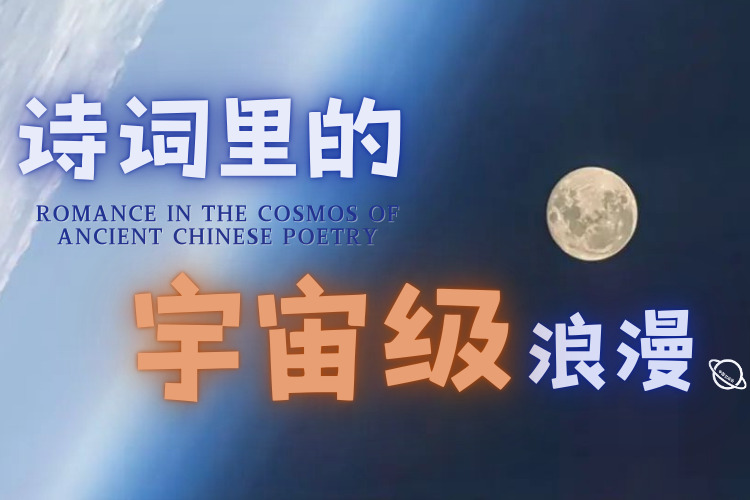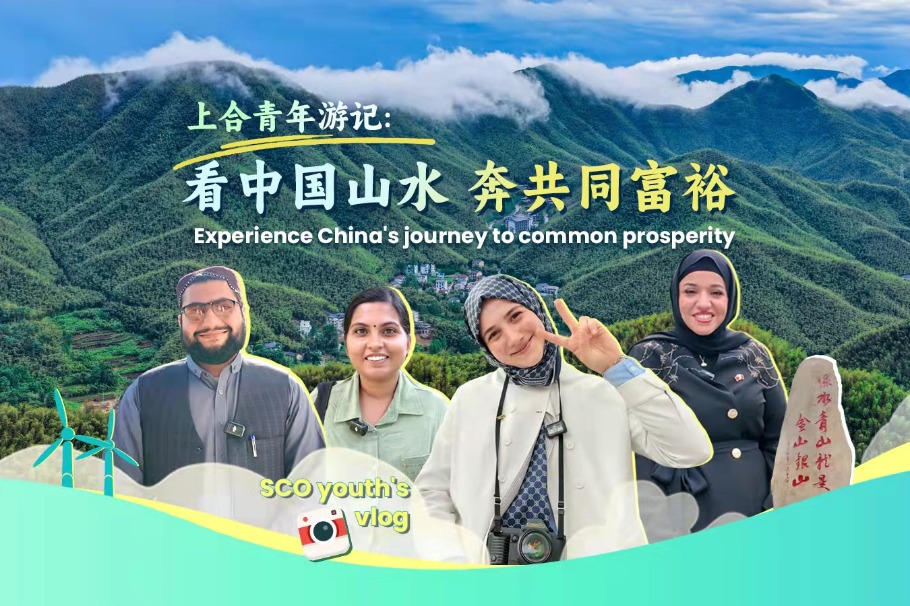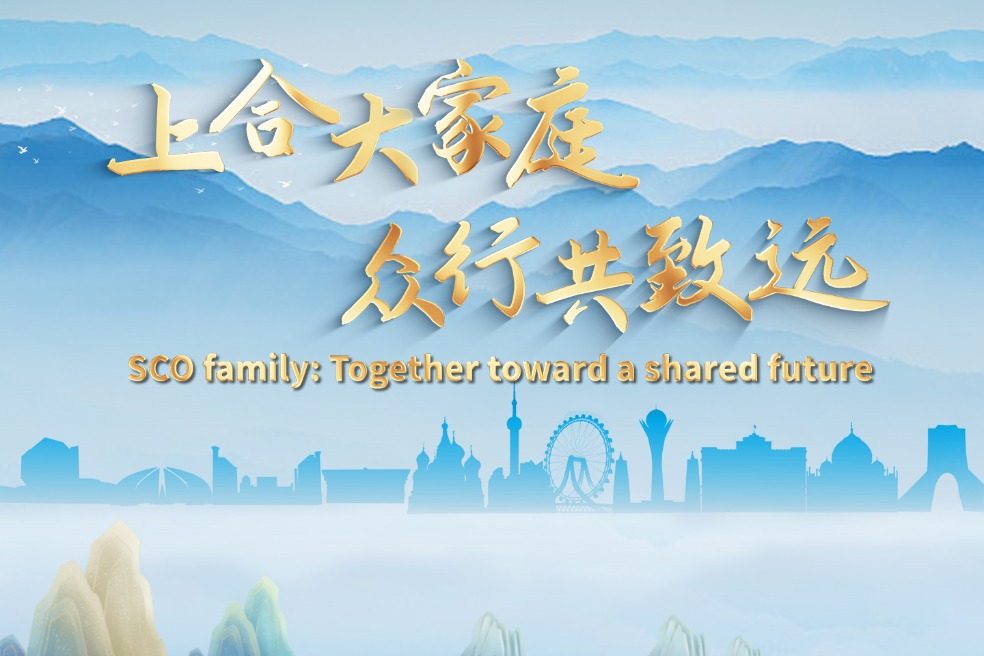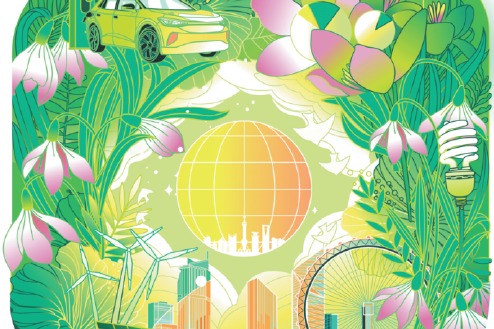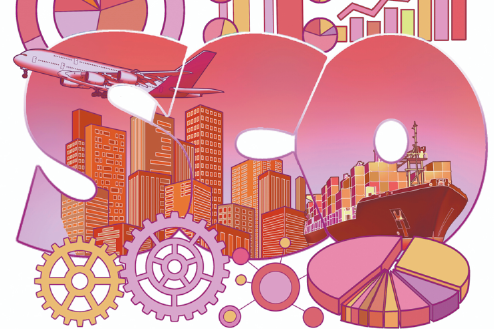Theme parks that innovate will stand out

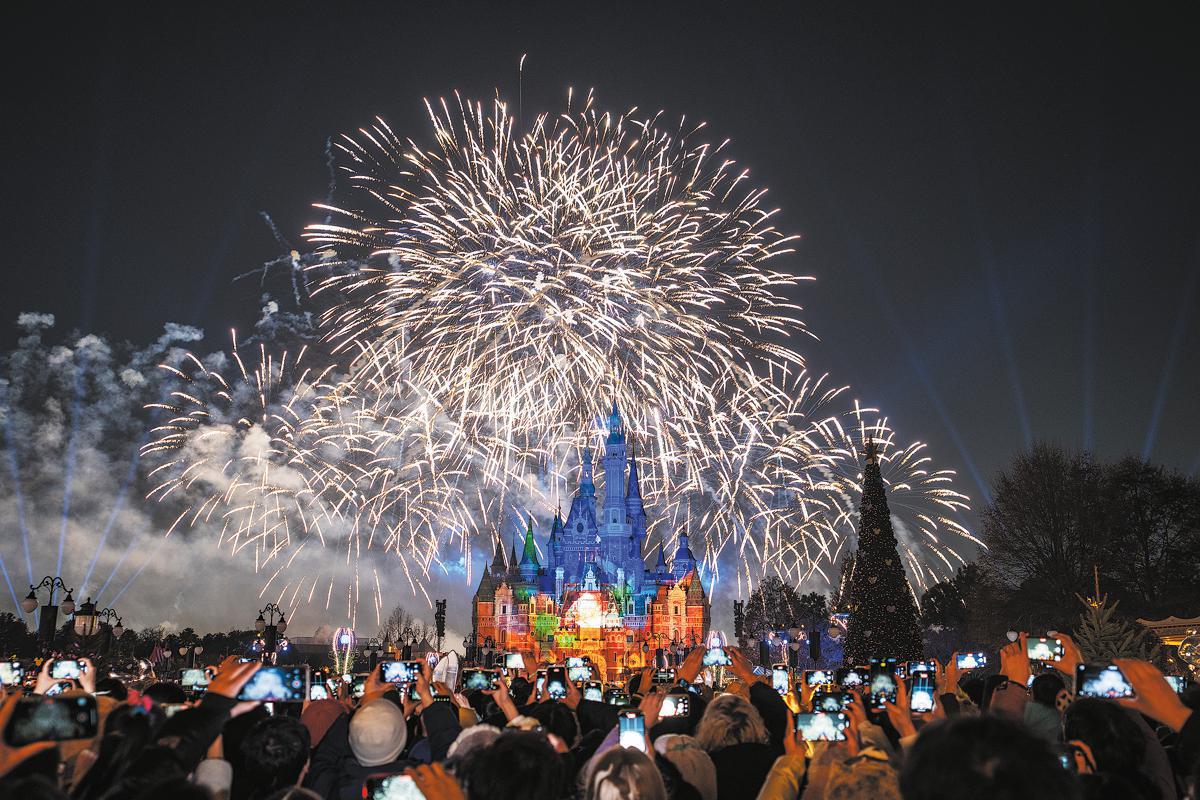
Editor's Note: By deepening cultural content, innovating products and business models, optimizing visitor experiences and achieving deeper cultural integration, theme parks can upgrade from being "interesting" to becoming "meaningful". Li Xinjian, a professor at the School of Tourism Sciences of Beijing International Studies University, told People's Daily Overseas Edition that this transformation is vital for adapting to the increasingly fierce market competition and meeting visitors' demand for immersive and high-quality experiences. Below are excerpts from the interview. The views don't necessarily represent those of China Daily.
Theme parks, especially those with strong intellectual property attributes, have become hot spots of consumption. China's tourism market and domestic demand provide a solid foundation for their rapid growth. People's expectations for high-quality travel experiences and family-friendly tourism products also support the sector's high-quality development.
The core appeal of tourism is the pursuit of happiness, while the core selling point of theme parks seems to be the value of joy.
Yet, for further high-quality development of theme parks in the new era, policymakers and park operators must first gain a deeper understanding of their essence.
Theme parks are committed to offering joyful emotional value, but the source of this joy requires careful consideration. Is it the thrill and excitement of amusement rides, or the cultural products and experiences distilled from the themes? It is important to include cultural elements in the experience.
Also, when exploring cultural themes, should culture remain at a superficial level of symbols or should it focus on content to be more meaningful?
Given the technological advances and rising demand for immersive experiences, if a theme park remains confined to a combination of "merry-go-round plus shows and parades plus fireworks", it may fail to meet the evolving expectations of customers.
Theme parks that can effectively innovate their product offerings and business models, and improve their service and tourist experience will be better positioned to stand out from the competition.
The increase in demand for theme parks also presents the challenge of overcrowding. This problem can be addressed, to some extent, by using technological innovations while adopting a people-oriented approach.
As theme parks continue to evolve, some small and medium-sized regional parks may find new opportunities for development. Given the greater integration of culture and science with tourism, parks that excel in technological innovation and immersive experiences are likely to become the main gainers.
Future theme parks should continue to focus on content and coordination, and build symbiotic ecosystems. More attention should be given to the clustered development of multiple themed parks and greater efforts are needed to integrate established cultural intellectual properties with local culture. By fully tapping into both national traditional culture and regional cultural heritage, theme parks can effectively shift from emphasizing "fun" to making it more "meaningful".
The shift will encompass the transformation of cultural intellectual properties, media exposure, cultural symbols, visual creativity and storytelling.
Together, these elements are expected to create a market-oriented attraction where visitors will not only engage in recreation facilities but also gain satisfaction from the immersive cultural experience.
This is precisely the objective of theme parks: to serve as a "refueling station" that enriches and brightens life.
















